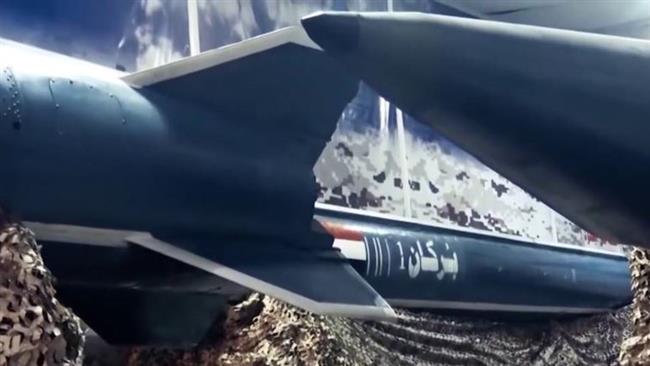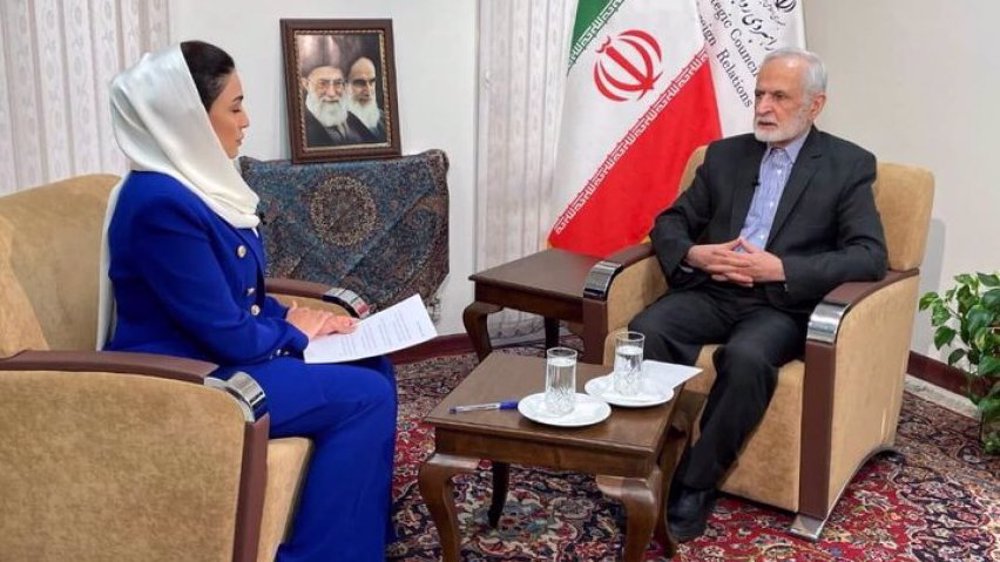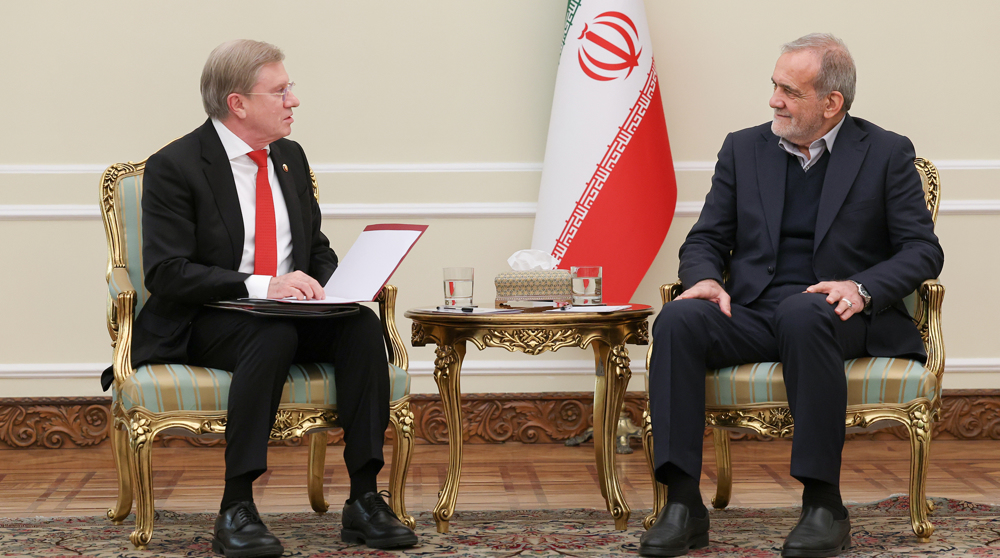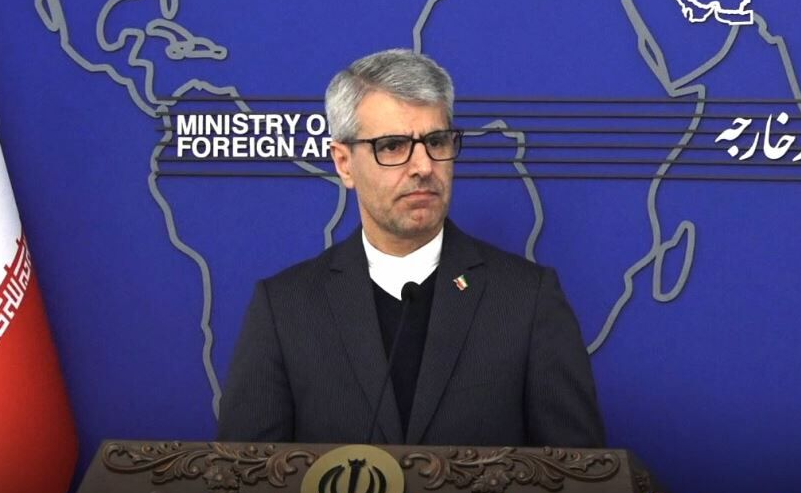US claim about Iran missile distraction from al-Quds move: Ansarullah
Renouncing US claims that Iran is supplying it with ballistic missiles, Yemen's Houthi Ansarullah movement says the accusations serve as a distraction from US President Donald Trump's recognition of Jerusalem al-Quds as Israel's capital.
US Ambassador to the UN Nikki Haley claimed Thursday that a missile the Yemeni army had fired at Saudi Arabia last month was supplied by Tehran.
Abdel-Malek al-Ejri, a senior Houthi official, said Thursday that Yemen had been firing missiles at Saudi Arabia during the course of the kingdom's military aggression against Yemen since it began in 2015.
"After three years of war, America suddenly finds evidence that Iran supports the Houthis," he wrote in a message on his Twitter account.
"America did not find any evidence in all the missiles fired from Yemen until now. The story is clear. They want to give Arabs a story to divert their attention from Jerusalem al-Quds. Instead of being angry at Israel, they wave the Iranian bogey," the official added, referring to Washington's push to move its diplomatic mission in Israel from Tel Aviv to the occupied city of Jerusalem al-Quds.
The Yemeni army, backed by Houthi Ansarullah fighters, claimed on November 5 that a Burkan-2 (Volcano-2) medium-range ballistic missile had landed on King Khalid International Airport, located 35 kilometers north of the Saudi capital Riyadh.
Saudi officials initially denied that the missile had hit the airport, claiming it was shot down by US-made Patriot missile systems designed to counter missile threats.
Read more:
However, a team of American missile experts using satellite imagery, camera footage and scientific explanations proved earlier this month that the missile had indeed landed near one of the airport's runways.
Haley on Thursday showcased the debris that rained down on Riyadh during the attack, claiming they belonged to an Iranian design.
Before Haley, Saudi officials had also put on display the missile's remnants on state TV, in a bid to convince viewers that the missile was indeed shot down.
Iran has firmly denied the accusations, dismissing the arms displayed by Haley as "fabricated."
'No conclusive evidence' missiles Iranian: UN
Farhan Haq, the deputy spokesman for the UN secretary general, also doubted the Saudi and American claims, saying even the UN has been unable to confirm the origin of the missiles.
"There's no conclusive evidence about the provenance of those missiles," he told reporters on Thursday, quoting an upcoming UN resolution in this regard.
Israel admits assassinating Hamas leader, vows to inflict same fate on Yemeni fighters, people
VIDEO | Yemeni forces repel US-British attack, down F-18 Jet
Iran’s capabilities vast; enemy’s ‘maximum pressure’ policies all failed miserably: Senior official
Iran’s economy grew 2.7% y/y in Sep quarter: CBI
VIDEO | Freelancers in Gaza strive to stay online amid genocide
Mikati demands Israel's withdrawal from south Lebanon
Yemeni army strikes Israeli military sites with drones
‘Clock ticking’: UNRWA slams unjustifiable killing of children in Gaza










 This makes it easy to access the Press TV website
This makes it easy to access the Press TV website